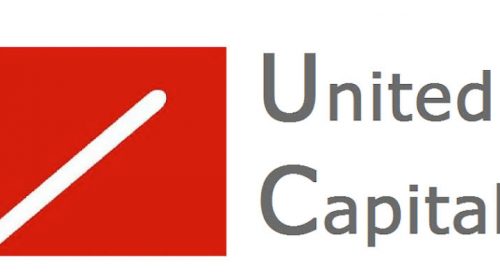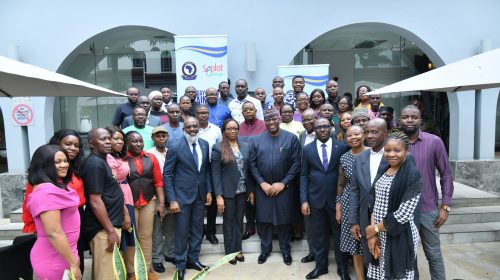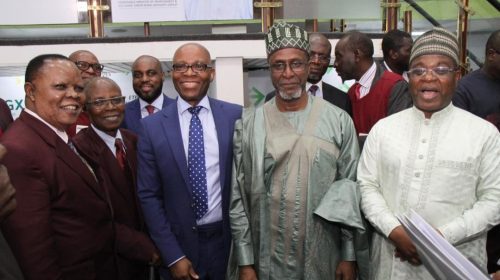NSE Partners Access Bank to Celebrate Global Money Week across Nigeria
Consistent with its commitment to promote financial literacy and inclusion in Nigeria, The Nigerian Stock Exchange (NSE or Exchange) in collaboration with Access Bank Plc will commemorate the 2017 Global Money Week themed: ‘Learn. Save. Earn’ with a series of educational programs to raise awareness and improve the capabilities of young people to make sound decisions when it comes to financial matters.
The knowledge sharing sessions will hold from March 27 to March 31, 2017 across all NSE’s offices in Nigeria. It will see its employees mentoring young people on how money works, saving, investing, creating livelihood, gaining employment and entrepreneurship. Other activities for the week will include a Closing Gong ceremony at the Exchange, excursions to the trading floor, interactive session with executive management of the Exchange.
Global Money Week, a global movement to raise awareness of the importance of financial education and financial inclusion for children and youth is led by Child and Youth Finance International (CYFI), a non-profit organisation based in Amsterdam.
According to Pai Gamde, Acting Head, Corporate Services Division, NSE, the Exchange is playing its part in building a financially savvy generation of future leaders. “To develop an inclusive finance system, we believe we must first solve the problem of educating financial consumers to enable them efficiently utilise access to basic financial services We believe that as a nation, children and youths are an important component of building a secured future and we must train these future leaders on how to make sound financial decisions”.
On his part, Head of Corporate Communications, NSE, Olumide Orojimi said, “The Global Money Week initiative is fully consistent with our vision to promote a market place where investors are well educated to make sound investment decisions. We continue to be proud of this programme as it allows our employees and partners to make available their expertise to prepare young people for a secured financial the future. For the past two years, the Exchange has been able to directly reach over 3,033 students and pupils from over 54 secondary and primary schools with an indirect effect on about 10,000 young people across its operating environment”






Leave a Reply